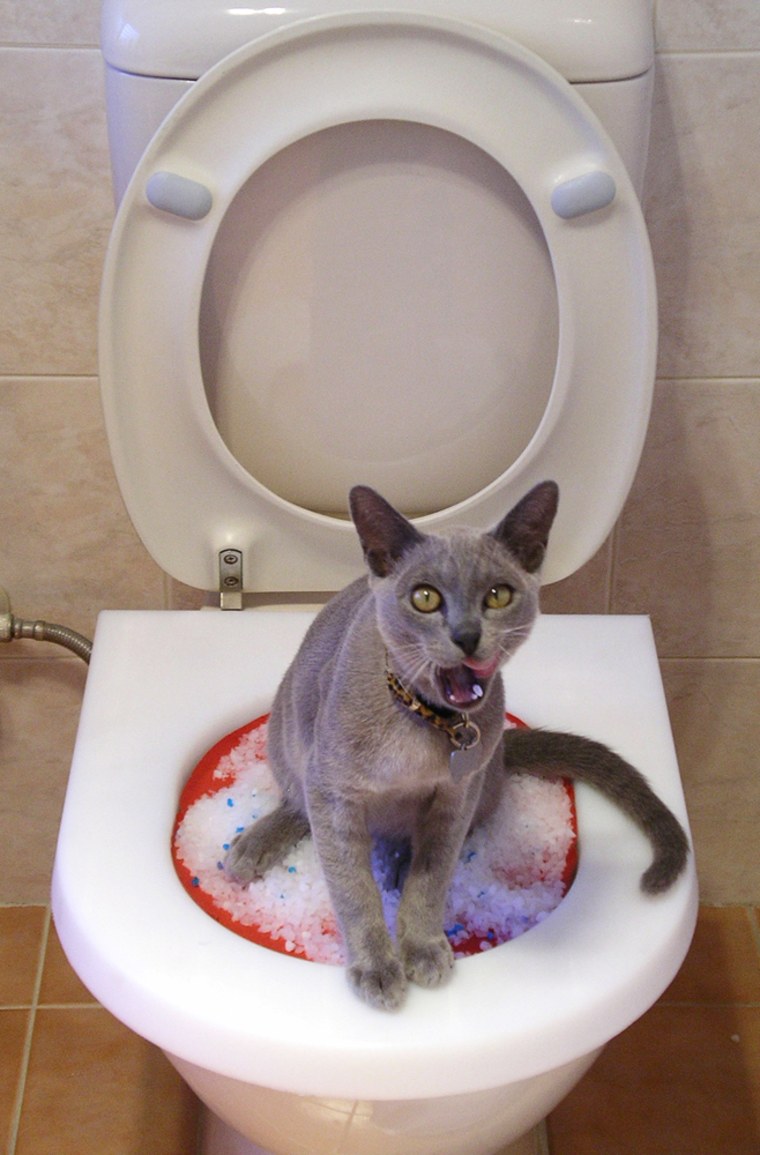How do you feel about Can You Flush Cat Poop Down The Toilet??

Introduction
As feline proprietors, it's essential to be mindful of just how we deal with our feline good friends' waste. While it may seem hassle-free to purge feline poop down the toilet, this technique can have harmful effects for both the environment and human wellness.
Ecological Impact
Flushing feline poop presents harmful microorganisms and bloodsuckers right into the water supply, positioning a considerable danger to marine ecosystems. These contaminants can negatively impact marine life and compromise water quality.
Health Risks
In addition to ecological problems, purging pet cat waste can likewise present health and wellness risks to humans. Pet cat feces might include Toxoplasma gondii, a parasite that can create toxoplasmosis-- a possibly severe illness, specifically for expecting females and people with weakened immune systems.
Alternatives to Flushing
Thankfully, there are safer and extra liable means to throw away feline poop. Think about the following choices:
1. Scoop and Dispose in Trash
The most usual approach of taking care of pet cat poop is to scoop it right into a biodegradable bag and throw it in the garbage. Make sure to make use of a specialized trash scoop and take care of the waste quickly.
2. Use Biodegradable Litter
Choose naturally degradable cat clutter made from materials such as corn or wheat. These trashes are environmentally friendly and can be securely dealt with in the trash.
3. Bury in the Yard
If you have a lawn, consider burying pet cat waste in a marked location away from vegetable yards and water resources. Make sure to dig deep enough to stop contamination of groundwater.
4. Mount a Pet Waste Disposal System
Purchase a pet garbage disposal system particularly developed for pet cat waste. These systems utilize enzymes to break down the waste, reducing smell and environmental influence.
Conclusion
Liable animal possession extends beyond offering food and shelter-- it likewise includes correct waste monitoring. By avoiding purging pet cat poop down the commode and selecting different disposal techniques, we can reduce our ecological impact and protect human wellness.
Why Can’t I Flush Cat Poop?
It Spreads a Parasite
Cats are frequently infected with a parasite called toxoplasma gondii. The parasite causes an infection called toxoplasmosis. It is usually harmless to cats. The parasite only uses cat poop as a host for its eggs. Otherwise, the cat’s immune system usually keeps the infection at low enough levels to maintain its own health. But it does not stop the develop of eggs. These eggs are tiny and surprisingly tough. They may survive for a year before they begin to grow. But that’s the problem.
Our wastewater system is not designed to deal with toxoplasmosis eggs. Instead, most eggs will flush from your toilet into sewers and wastewater management plants. After the sewage is treated for many other harmful things in it, it is typically released into local rivers, lakes, or oceans. Here, the toxoplasmosis eggs can find new hosts, including starfish, crabs, otters, and many other wildlife. For many, this is a significant risk to their health. Toxoplasmosis can also end up infecting water sources that are important for agriculture, which means our deer, pigs, and sheep can get infected too.
Is There Risk to Humans?
There can be a risk to human life from flushing cat poop down the toilet. If you do so, the parasites from your cat’s poop can end up in shellfish, game animals, or livestock. If this meat is then served raw or undercooked, the people who eat it can get sick.
In fact, according to the CDC, 40 million people in the United States are infected with toxoplasma gondii. They get it from exposure to infected seafood, or from some kind of cat poop contamination, like drinking from a stream that is contaminated or touching anything that has come into contact with cat poop. That includes just cleaning a cat litter box.
Most people who get infected with these parasites will not develop any symptoms. However, for pregnant women or for those with compromised immune systems, the parasite can cause severe health problems.
How to Handle Cat Poop
The best way to handle cat poop is actually to clean the box more often. The eggs that the parasite sheds will not become active until one to five days after the cat poops. That means that if you clean daily, you’re much less likely to come into direct contact with infectious eggs.
That said, always dispose of cat poop in the garbage and not down the toilet. Wash your hands before and after you clean the litter box, and bring the bag of poop right outside to your garbage bins.
https://trenchlesssolutionsusa.com/why-cant-i-flush-cat-poop/

Do you like reading up on How to Dispose of Cat Poop and Litter Without Plastic Bags? Place a short review down the page. We'd be interested to know your opinions about this write up. Hoping to see you back again in the near future. Loved our posting? Please share it. Let somebody else find it. I am grateful for your time. Don't hesitate to pay a visit to our blog back soon.
Call Today
Comments on “Avoid Clogs and Damage: Don't Flush Cat Poop Down Your Toilet - Expert Insights”